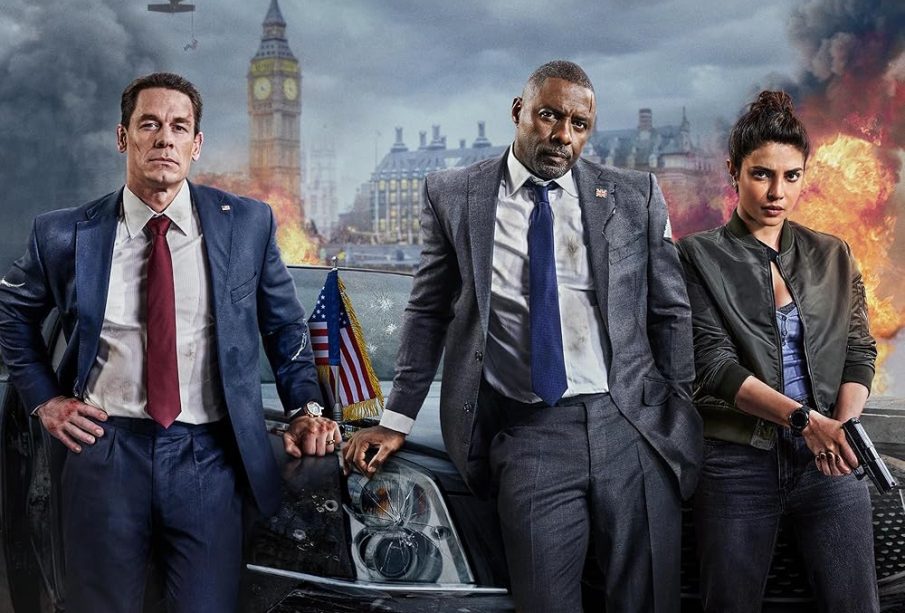The Impact of the ‘Heads of State’ Movie on Political Narratives

Introduction
The film industry often serves as a mirror to societal issues, and the recently released movie ‘Heads of State’ is no exception. This political drama, which debuted at the London Film Festival, offers a compelling narrative that explores the intricacies of governance, power struggles, and ethical dilemmas faced by modern leaders. With its timely release amidst ongoing global political tensions, the film holds particular relevance for audiences concerned about the state of democracy across the world.
Plot Overview
‘Heads of State’ intricately weaves the stories of several fictional leaders as they navigate their roles during a fictional crisis event that mirrors real-world scenarios. The film deftly highlights how personal ambition, public pressure, and ethical responsibility clash when leaders are faced with extraordinary situations. The storyline unfolds through multiple perspectives, allowing audiences to understand the human side of political decision-making.
Critical Reception
Upon its release, ‘Heads of State’ garnered positive reviews from critics and audiences alike. Reviewers praise the performances of its lead actors, who authentically portray complex political figures. The cinematography and script have also received accolades for their gripping portrayal of urgent political themes. Critics have noted that the film prompts viewers to reflect on the moral challenges that leaders encounter, raising questions about integrity and accountability in governance.
Real-World Parallels
The relevance of ‘Heads of State’ is accentuated by the current political climate, with audiences connecting the depicted crisis to contemporary events such as international diplomatic tensions and internal governmental disputes. The film’s ability to resonate with real-world issues emphasizes the importance of ethical leadership and raises awareness about the consequences of political actions. As public awareness around political scenarios increases, the film encourages discussions about what makes an effective leader in challenging times.
Conclusion
‘Heads of State’ transcends mere entertainment; it serves as an important commentary on the political landscape of today. As the film continues to draw audiences, it may inspire a new generation to engage more critically with political issues. The dialogues it ignites are not just limited to cinema; they extend into our communities, prompting discussions about the qualities we desire in our leaders. With ongoing debates about governance and morality in politics, ‘Heads of State’ is a timely reminder of the critical responsibility that comes with power.







